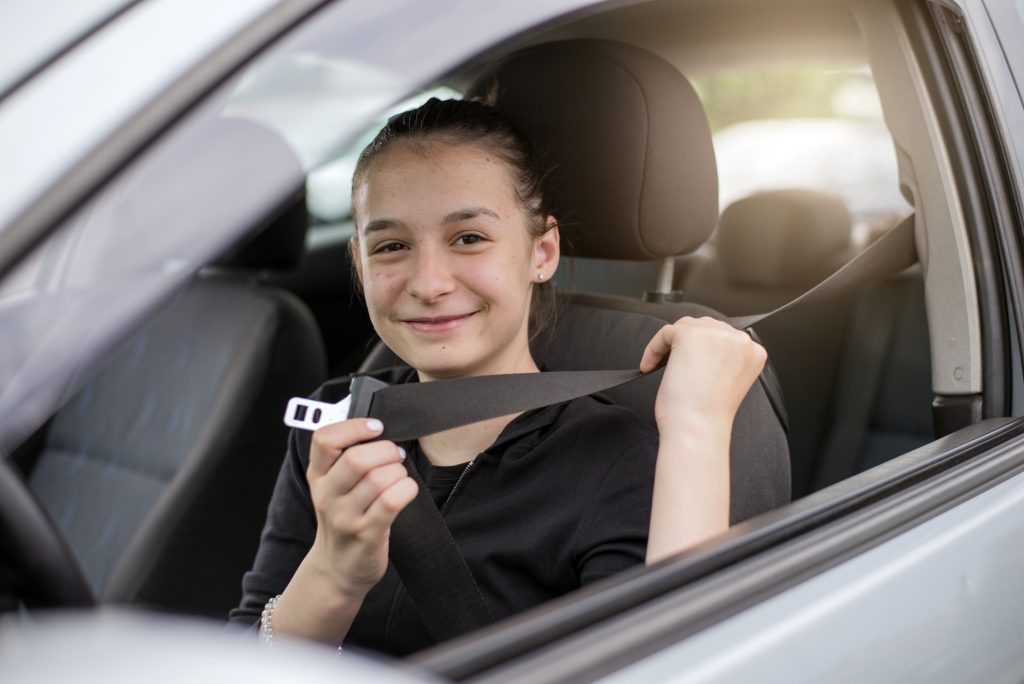
As a parent, you want your child to be as safe as possible on the road. You have taken them to driving school. You have told them that they are not allowed to drive with other teens. You have instilled in them that safety is their top priority. Is there anything else you can do? Yes – you can choose the safest car for them. Keep reading to find out what factors will help you make that determination. If you or they are involved in a car accident, contact Law Offices of Fernando D. Vargas at 909-982-0707 for a free case evaluation.
- Skip the High Horsepower Your teen may ask for a vehicle with a lot of horsepower, but this is not a smart idea. The fact is that the more powerful the engine of their car is, the more they may tempted to see just how fast and how far it can get. Does this mean you must buy them a glorified golf cart as a car? No – but you do not need to buy them a vehicle made for racing either.
- Choose a Heavier Vehicle A larger, heavier vehicle is going to be safer than a smaller vehicle. According to nearly every study that has ever been done on the subject, larger vehicles provide more protection in the event of a car accident. Recent studies also suggest that teen drivers in large vehicles like SUVs are less likely to get into an accident in the first place. Skip the minicars and small cars.
- Electronic Stability Control is Important Also known as ESC, electronic stability control helps a driver stay in control of their vehicle when approaching steep curves, slippery roads, and other potentially hazardous spots. Think of ESC as necessary as safety belts – if the car you are considering does not have it then you should not buy it.
- Review Safety Ratings Safety ratings are a great indicator of how safer a car is. If you find a vehicle that has good ratings from the Insurance Institute of Highway Safety, you can count on it having at least moderate scores in overlap front, roof strength, side, and head restraint tests from the National Highway Traffic Safety Administration.
Though safety ratings do consider some things that relate to how likely a vehicle is to crash, for the most part they indicate how safe a person would be if they were to hit. While you, of course, want to do everything you can to keep your teen from being in an accident, safety features that prevent an accident from being fatal are essential too.
If your teen is injured in a car accident in which someone else was at fault, contact Law Offices of Fernando D. Vargas at 909-982-0707 now for your free legal consultation.




